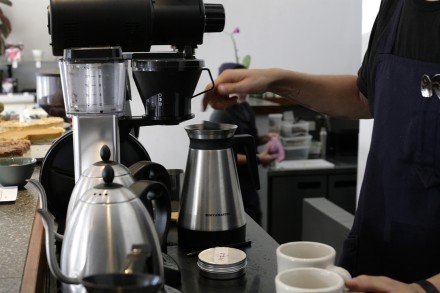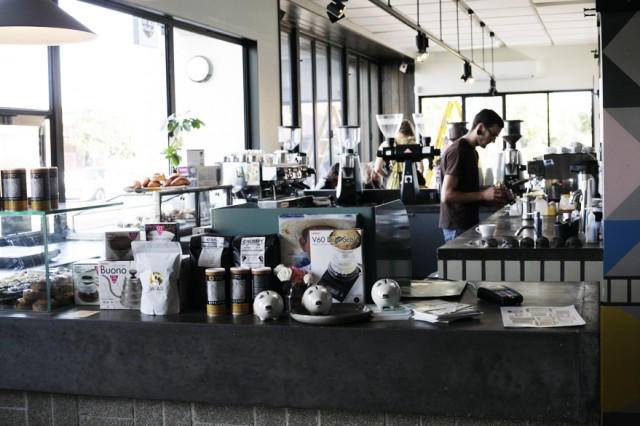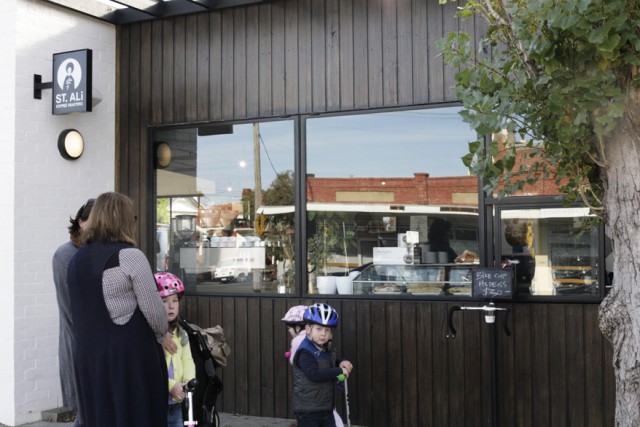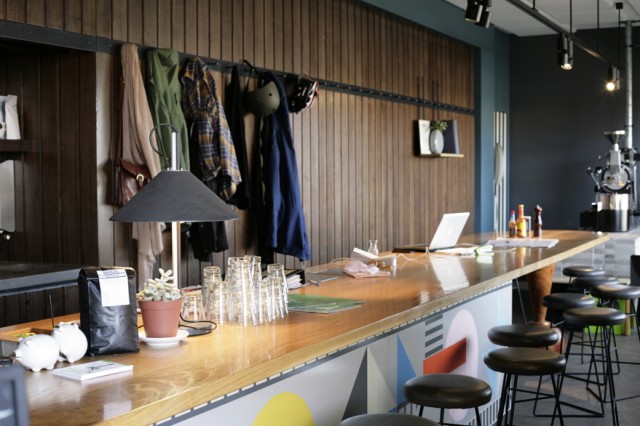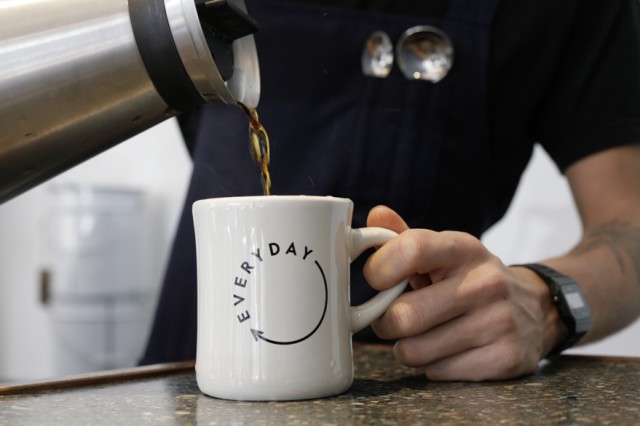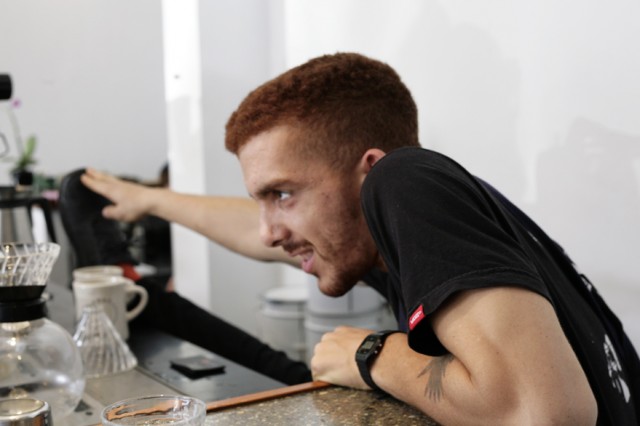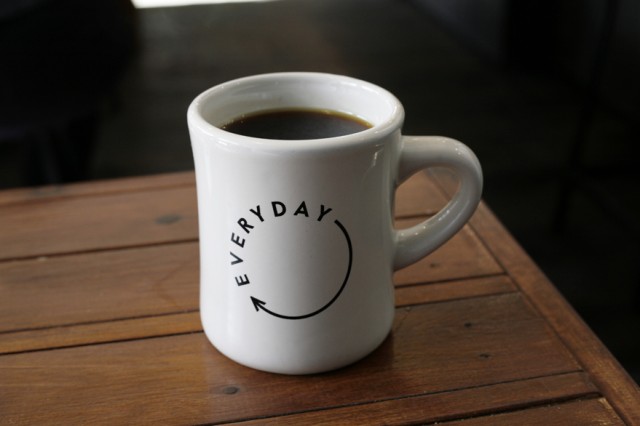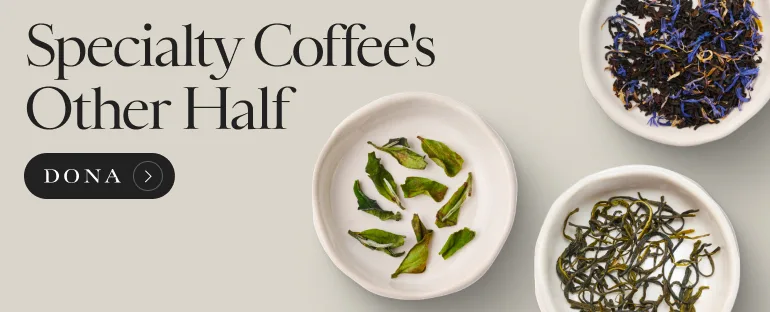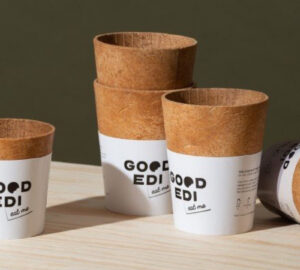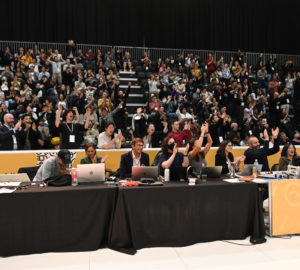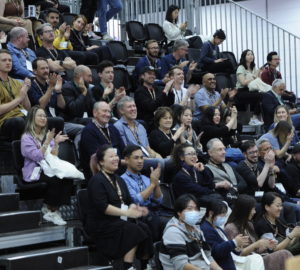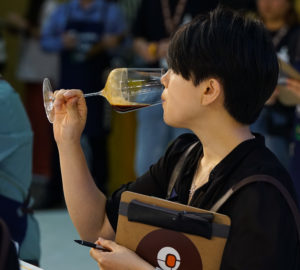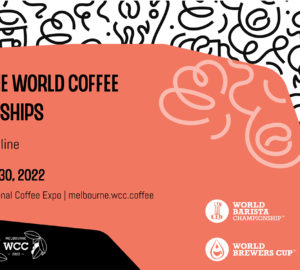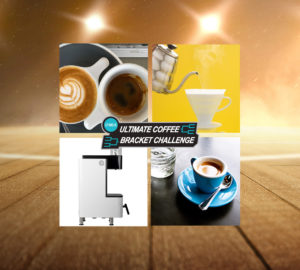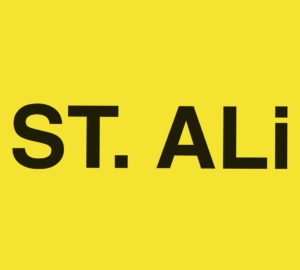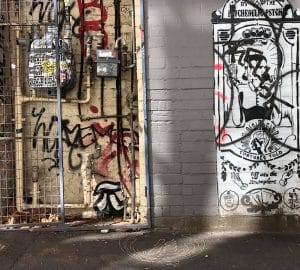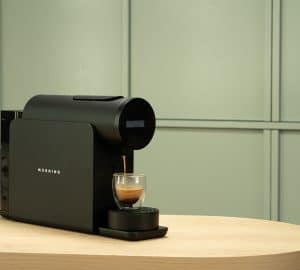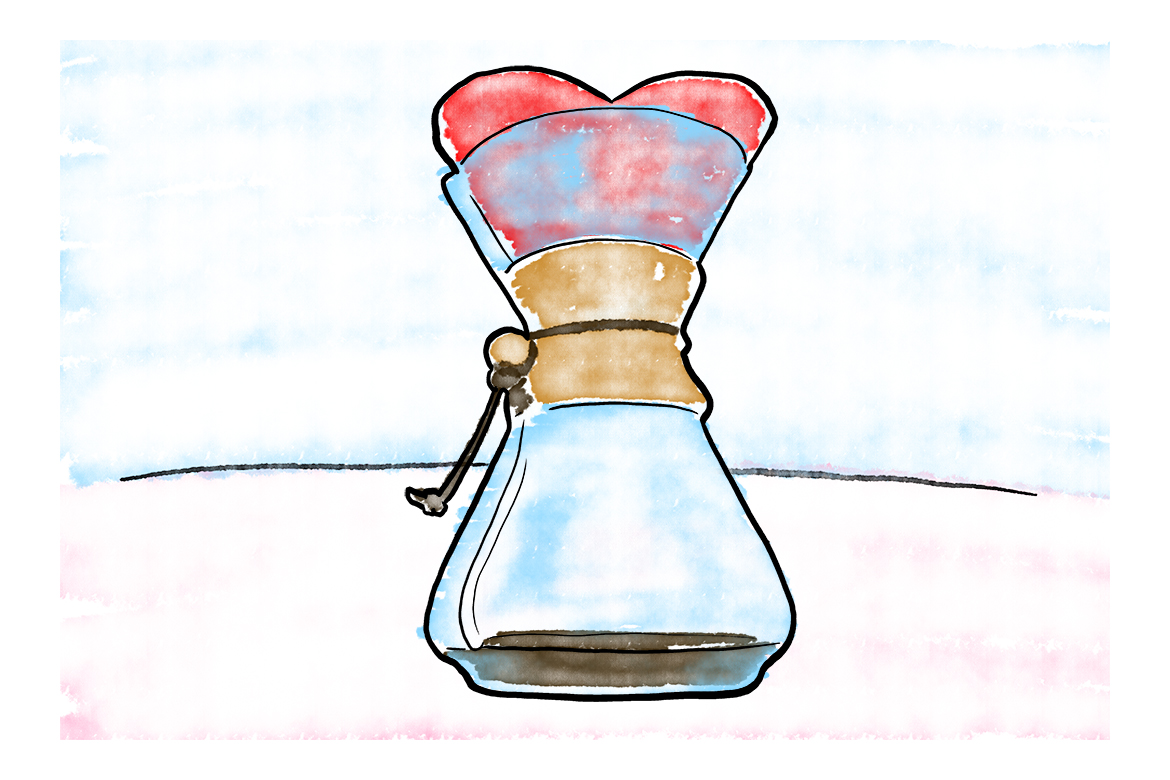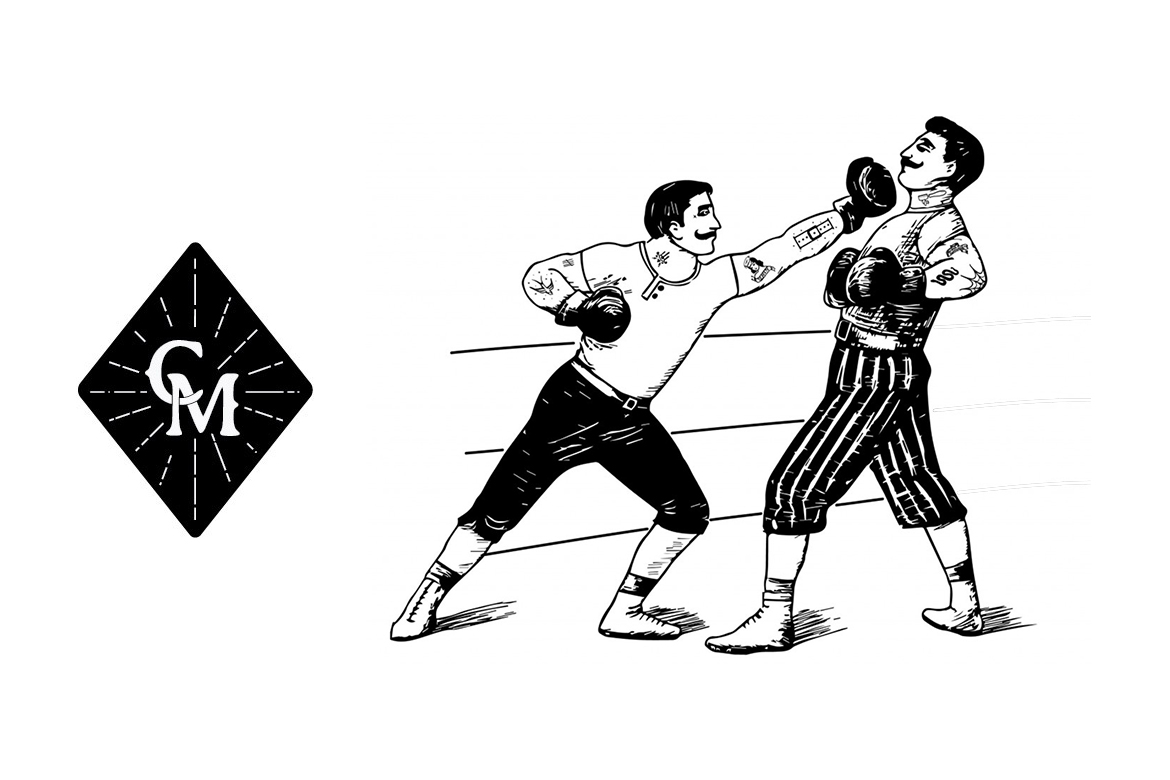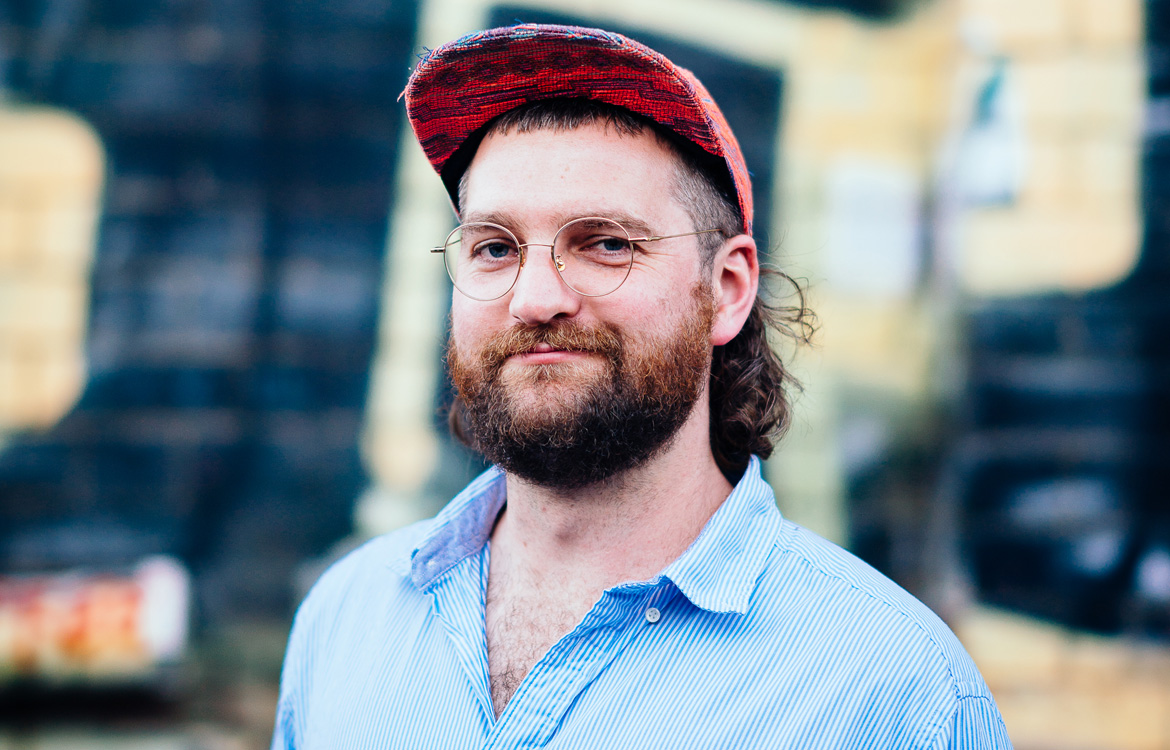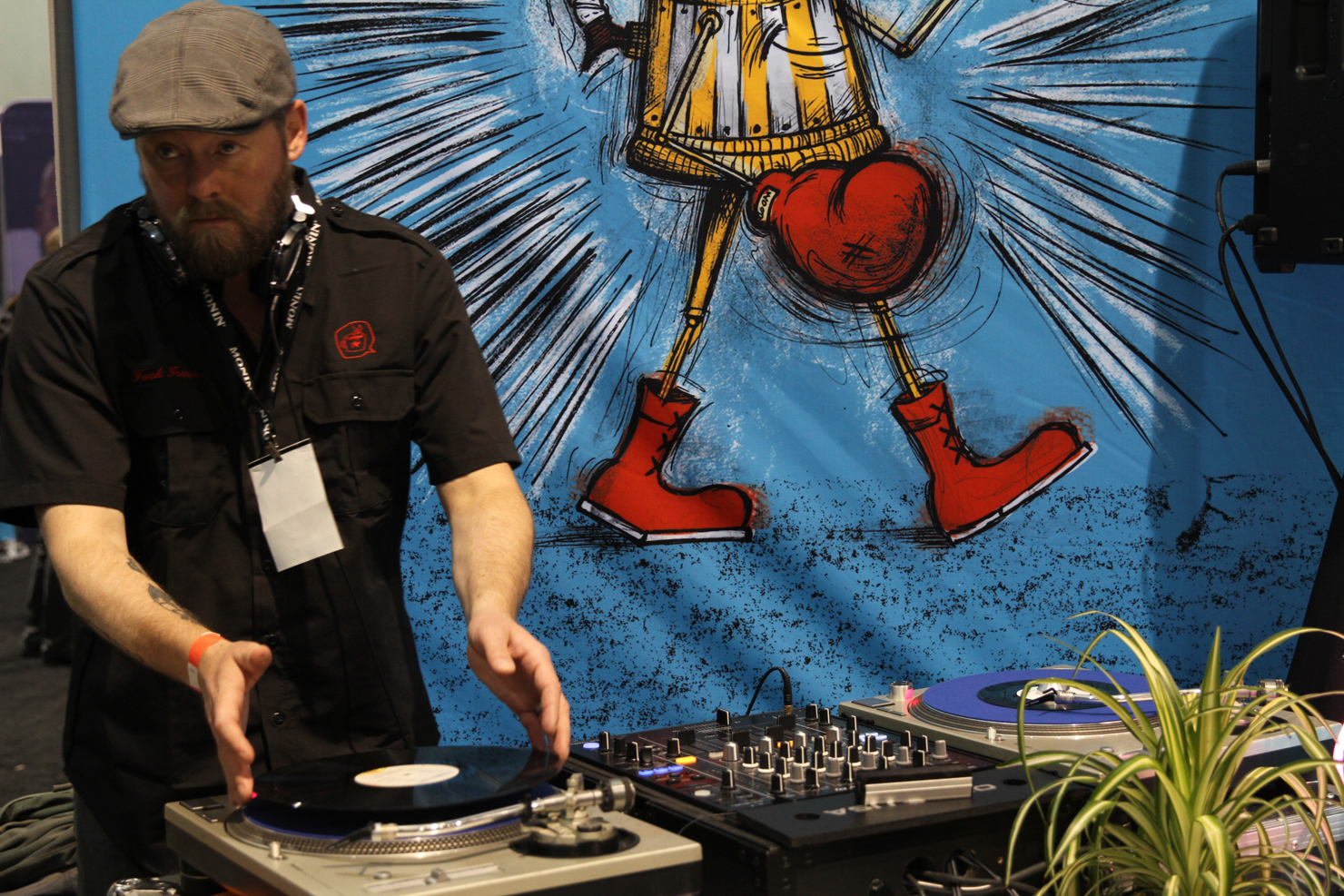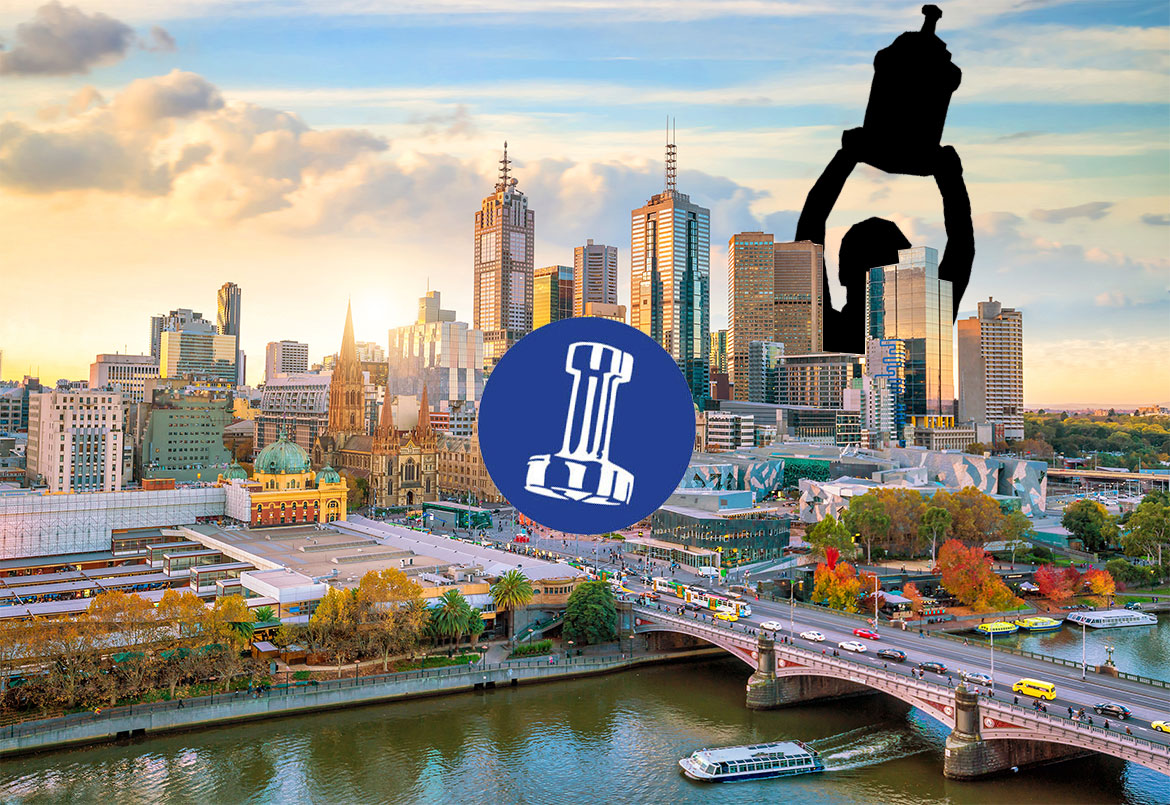The geography of coffee culture is a many-splendored thing. Consider this hypothetical: I’ve just walked into a coffee shop and ordered ‘a coffee, please.’ Depending on where I am in the world, my barista could end up handing me any number of different beverages. In North America it would likely be a filter coffee (possibly batch-brewed); in Italy, surely an espresso. But in Australia, my simple undifferentiated order – “a coffee, please” – would likely be met with a milky, frothy, sweet beverage with coffee making up around a third of the drink.
While to most Australians, the concept of black filter coffee conjures the image of surly wait staff in diners pouring refills of what looked like hot black swill (as seen in daytime movies), filter coffee in Melbourne today is going through something of a renaissance. Specialty coffee in this part of the world has firm Italian espresso roots, entrenched by the post-World War Two migration of Europeans to Australia, but in the 21st century we’re starting to see those norms shift. It’s an exciting time to be a coffee drinker in Melbourne; the city’s trends are ever-changing, and filter coffee has become a kind of common denominator for great cafes here. If you’re to be taken seriously as a coffee bar in Melbourne in 2013, you’d better offer filter options, and do it well.
But what about batch brew? In North America and beyond you’ve got your Fetcos, your Wilbur Curtis Co’s., your Bunns, but in Melbourne such devices are still rare. You’re more likely to find a well dialed-in siphon service than you are to find a batch brew option. And that’s kind of a shame; cafes across North America, from LA to New York, Handsome to Everyman, and everywhere in-between are serving up carefully considered batch brew coffee, with delicious results. Why not here?
But it’s not a total batch brew wasteland. There are a select few cafes in Melbourne making batch brew, and doing an excellent job of it. Before we get into that, let’s start at the beginning. How did a largely espresso-drinking nation like Australia get started on delicately brewed filter coffee in the first place?
While filter coffee brewing has always been around in Melbourne in one form or another—whether home-brewed or at the iconic Grinders Coffee flagship location near Melbourne University—it only started being available at specialty coffee bars in the last seven years. At the forefront of this and many other movements in Melbourne coffee is Mark Dundon, of Brother Baba Budan and Seven Seeds, who was among the very first to bring filter coffee into the commercial specialty coffee shop realm.
While at SCAA in 2005, Mr. Dundon and Paul Geshos of Mecca Espresso came across the now-infamous Clover brewer, and were immediately impressed. In Mr. Dundon’s words, “Coming from an espresso based market with a huge turnover, we had been trying to wrap our heads around producing filter coffee in a consistent way in a busy environment. The Clover offered that.”
Shortly after, in 2006, the machine was fully operational at Brother Baba Budan, pumping out some of the first commercial filter brews in the Melbourne specialty coffee scene. With this exciting new product, there was some media coverage on filter coffee, though mainly due to the price tag (which, sadly, is the focus of most mainstream Australian media when they take the time to cover specialty coffee). A couple of years on, specialty venues began to favour manual brew methods over the Clover, which is a whole other story to itself.
In the years since Dundon and Geshos brought over the first Clovers, filter coffee has become de rigeur of specialty coffee in Melbourne – dedicated brew bars are now an important consideration in many new fit-outs. There’s even one new establishment – Assembly, covered previously on Sprudge – that have done away with the espresso machine altogether, something that would have been unfathomable here even a few years ago. Coffee drinkers have met this industry filter coffee push with a mostly positive reception, and with this, demand for filter coffee has increased.
With this demand has come a new set of challenges. How can you serve filter coffee—that so far has only been manually brewed to order by the cup—with the same consistency and speed of espresso, and how can you make what is normally such a labour intensive process into a viable service option? A couple of Melbourne specialty coffee venues believe that they’ve found a solution, and that answer is batch brew.
One of these establishments is St. ALi. Founded by Mark Dundon in 2004 and taken over by Salvatore Malatesta in 2007, St Ali has been serving coffee to the masses for close to 9 years now. With the opening of St. ALi North they decided to install one of Melbourne’s first batch brewers, a Fetco CBS-2131. [Link as .pdf]
For Matt Perger, head of coffee (and two-time Australian Barista Champion) for St ALi, the disadvantages of manual brewing were palpable: it takes far too long, it’s extremely susceptible to human error, and offering it on a weekend day required one more bar staff member, amounting to an increase in paid wages. Matt had seen the success of the Fetco brewer while visiting Café Myriade in Montreal and had been itching to introduce it to Melbourne ever since. St. Ali North offered the perfect opportunity.
“We wanted to sell as much filter as we could,” Mr. Perger told me. “We needed to find and use methods that allow us to make as much coffee as possible for as many people as possible without compromising quality.”
Matt believes that the advantages of batch brew in a café environment are many, with user-definable brew recipes, adjustable extraction, and the ability to make ten times more filter than manual brewing. Mr. Perger argues convincingly that a well-maintained batch brew program offers these advantages with no drop in the level of quality. Even better, this speed of brewing and volume of output means that filter coffee can be competitively priced. At St. ALi North, their batch brew is priced at around $3 AUD, which is quite cheerful in comparison to $4 for a latte, or $6 for a cup of and hand-brewed filter coffee ($6 for filter coffee is common throughout Melbourne, and can go as high as $12 or $14).
Everyday Coffee is another coffee shop that’s embraced the batch brew method, with a very deliberate and considered approach. Run by a team of three industry veterans who have a collective wealth of experience in specialty coffee – Mark W Free, Joe Miranda, and Aaron Maxwell – Everyday is, in my opinion, one of the most well-thought out specialty coffee shops in all of Melbourne. By designing their bar and service around being able to offer high quality filter coffee, both by the cup and with batch brew, they’re able to price their filter offerings in the same ballpark as espresso offerings – something of a rarity in Melbourne. Brewing a rotating offering of coffees through their Technivorm Moccamaster, their ‘Everyday’ coffee (priced at $3.50 AUD for a 10 oz. cup) is a popular option for filter drinkers, while also starting to convert espresso drinkers, and slowly, more and more milky coffee drinkers.
According to Mr. Free of Everyday, the success of the batch brew has well exceeded their initial expectations, “The biggest thing that suffers from our strong filter offering is our black espresso coffee. Customers know they don’t have to pay an exorbitant price or wait an absurd amount of time for something that’s just as good if not better than espresso.
A lot of people who don’t want to drink milk, but also don’t want the harshness of espresso, and didn’t know that this kind of coffee existed or tasted good are taking it up.”
Everyday have been very deliberate in their approach to their batch brew. They’ve carefully ingrained it into the culture of the venue from the very beginning by calling it the ‘Everyday’ and serving it in their branded mug. In fact, if you want to drink from the mug, you have to get the Everyday. They’ve used the implementation of a batch brew program to help anchor one of the shop’s central tenants, which is to represent coffee quality without pretense or posturing. Some delicious batch brew in one of their house mugs is meant to make you feel like part of the neighborhood, part of the community at their shop. It works.
So, where will this batch brew movement go? It’s steadily gaining momentum in the Melbourne specialty coffee scene, and customers of trailblazers like St Ali and Everyday will start asking for it at other venues, if they haven’t already. This is, in theory at least, a great thing – batch brew can be a delicious and affordable way to drink filter coffee when it’s done right. There’s also bound to be a share of trend jumpers, who’ve chosen batch brew not for these reasons, but because it’s what everyone else is doing. There always exists the unfortunate possibility for shops to misuse their brewing equipment, or assume it will do the hard work of dialing in the coffee for them. Maybe I’m just being paranoid, but I’d hate for the batch brew trend in Melbourne to become an excuse to phone things in at a lower price point. Batch brew isn’t plug and play; it still takes time and consideration to be done right, to which St. Ali and Everyday Coffee – like their North American quality batch brew brethren – can surely attest.
All that said, there is good reason to be optimistic. Melbourne is a world capital for specialty coffee; there’s no reason why we shouldn’t boast the same plethora of brewing options, including batch brew, that one might find in New York City or San Francisco. We look back at Paul Geshos and Mark Dundon as pioneers in Australian filter coffee, and I think folks like Matt Perger and Mark Free are doing the same thing today for batch brew. I see this trend as being part and parcel with high quality green coffee sourcing and roasting, the establishment of excellent independent cafes like Everyday Coffee and Assembly, and the overall health and vigor of Melbourne’s coffee scene itself.
Eileen P. Kenny (@EileenPK) is the publisher of Birds of Unusual Vitality, specialty coffee’s premiere interview web magazine, and a staff writer for Sprudge.com.











